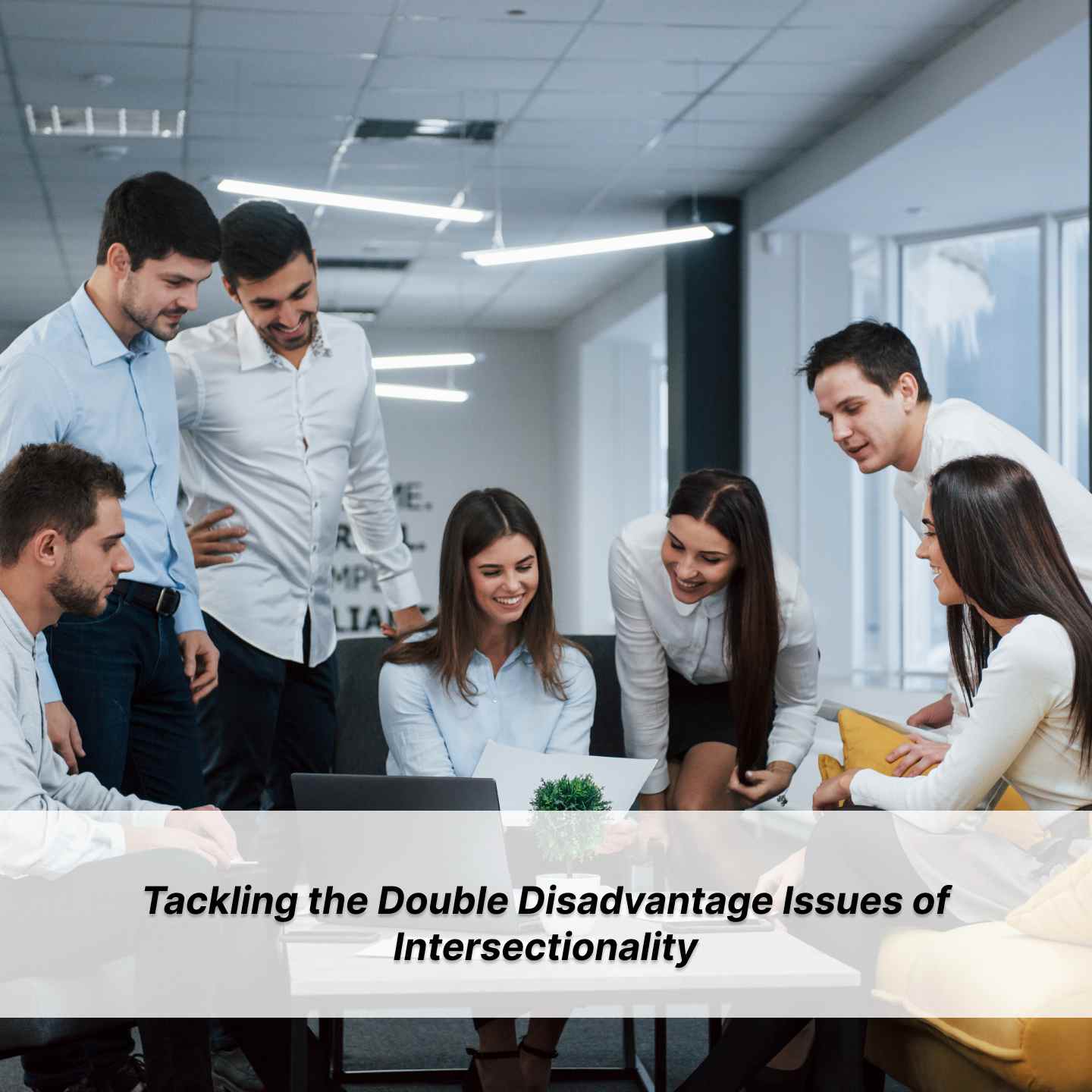We all identify with a variety of inherent attributes, or characteristics, that determine how we see ourselves and how others perceive us. A single attribute rarely determines who we are, but rather a combination of several make up the whole individual. Attributes like gender, sexual orientation, race, disability, and ethnicity overlap and weave together to form our unique identities in a phenomenon known as intersectionality.
Unfortunately, those attributes that make us unique are often the same attributes that can lead to marginalized treatment, particularly in the workplace, and especially for women. When women, who already experience unequal treatment based on their gender, identify with additional marginalized identity elements, they experience a double, triple, or even quadruple, disadvantage. These are referred to as the challenges of intersectionality.


